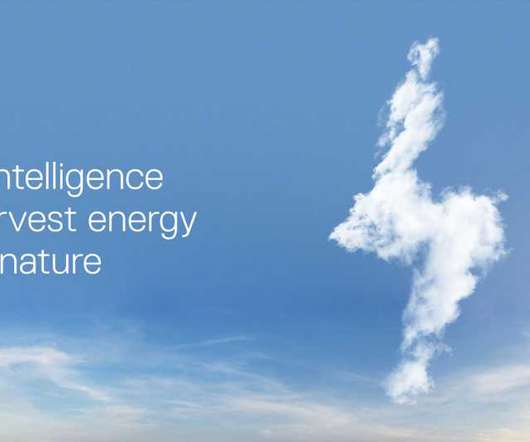Swiss energy services company uses machine learning to see the future
CIO Business Intelligence
SEPTEMBER 26, 2023
That changed in 2017 when Swiss voters approved an energy act that would reduce the country’s dependency on fossil fuels by 2050. The new platform would alleviate this dilemma by using machine learning (ML) algorithms, along with source data accessed by SAP’s Data Warehouse Cloud.













Let's personalize your content